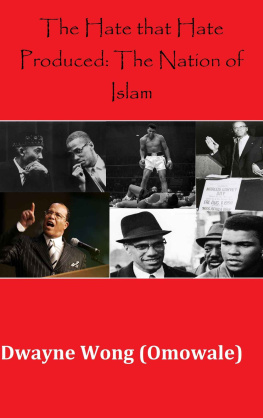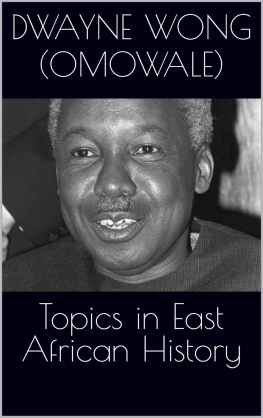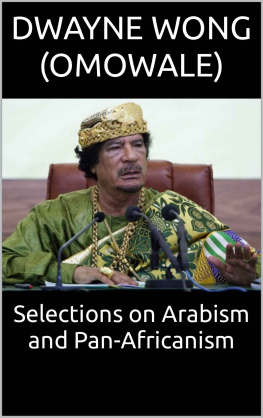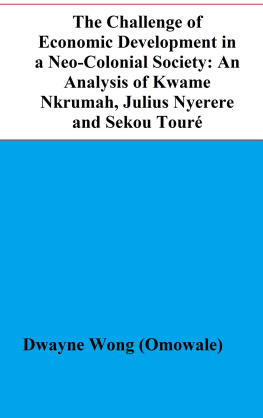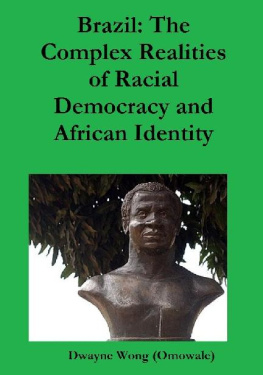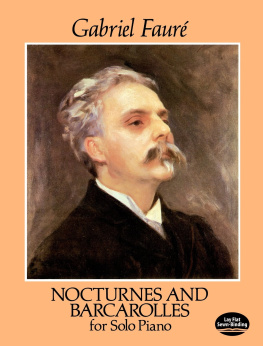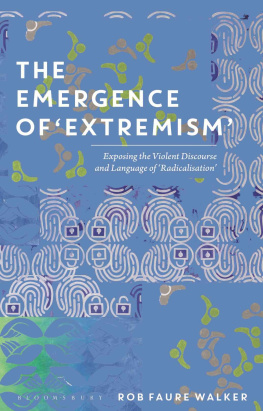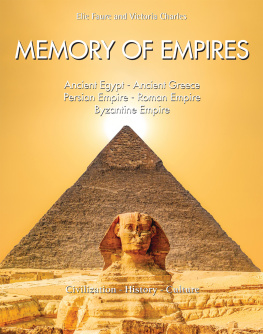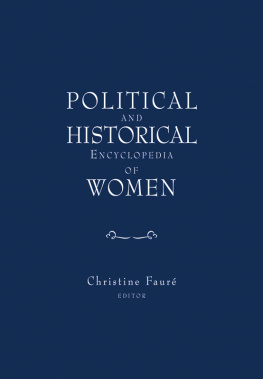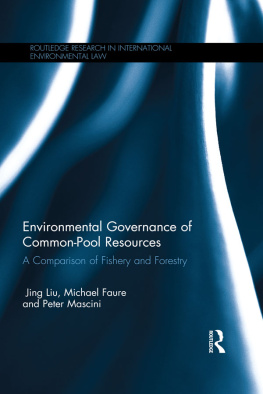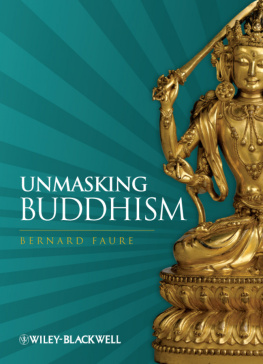Faure Must Go
Dwayne Wong (Omowale)
Copyright 2018 Dwayne Wong (Omowale)
All rights reserved.
ISBN: 1720738807
ISBN-13: 978-1720738800
DEDICATION
To my brothers and sisters in Togo. A luta continua.
CONTENTS
| Introduction |
| Understanding Togos Struggle |
| An Interview with Farida Nabourema |
1 Introduction
I decided to begin my efforts at building a Pan-African movement in October 2017. I launched what I called the Movement for Restoring the African Mind. The purpose of the movement that I began organizing was to restore the thinking of African people. In my view the greatest obstacle that confronts African people is our colonized way of thinking, so I felt that addressing that issue was the most critical step in liberating African people.
I also intended for the Movement for Restoring the African Mind to be part of my effort to rebuild the global Pan-African struggle. By the time I was born, in 1991, the global African struggle had been in decline all across the world. Guyana received its independence from England in 1966, the same year both of my parents were born. The Guyana that I was born in had been independent for decades. People my age never experienced colonial rule in the Caribbean or in Africa. People my age never experienced Jim Crow in the United States. In fact, people who are my age would not even remember apartheid. I remember when I first heard that Nelson Mandela was the first black president of South Africa, I was confused. How could an African country elect its first black president in the 1990s? At the time I knew nothing about apartheid or colonialism. In a sense I was born into a generation of people of African descent that were freer than our parents and grandparents, yet I also came to recognize that I was also born into a generation without a clear direction. The struggles of African people persisted, but those struggles were now being waged in a manner that was more disorganized than the struggles of previous generations.
The global struggles of African people have continued, but it continued in a mostly disconnected way. In the 1960s, for example, there were bonds between Africans in the United States that were fighting against oppression in their country and those in Africa that were fighting for independence from colonial rule. During this period you also had figures like Malcolm X who actively worked to unify those struggles. In the 2000s there was no such unity. This was largely done by design. The Pan-African movement of the 1960s had been deliberately destroyed.
The Federal Bureau of Investigation (FBI) played an instrumental role in that process of destruction so that by the 1980s there was no movement. Malcolm X and Martin Luther King had been assassinated. The Black Panthers were destroyed due to a combination of FBI persecution and internal issues within the Panthers. Many of the prominent figures among the Panthers were either killed or imprisoned. The Republic of New Afrika was under similar pressures from the FBI and it was eventually destroyed. It was the same for the Black Liberation Army. All of these individual leaders and organizations were wiped out. Not only was the movement destroyed, but our communities were destroyed as well and this had the effect of limiting the potentials of African people. The revolutionary spirit the 1960s was broken and black communities were left awash with guns, drugs, and gang violence.
Most of the Caribbean received its independence, but the situation in the Caribbean had not radically improved with this independence. A Black Power movement emerged there in the 1960s, but it too was extinguished. Walter Rodney, one of the prominent Pan-Africanists in the Caribbean at the time, was assassinated in 1980. Not long after this Maurice Bishop was assassinated in Grenada and the revolution in Grenada died with Bishop. Makandal Daaga, who came to prominence as the leader of the 1970 Black Power movement, made several failed attempts to run for political office in Trinidad. In 2012, Daaga joined the Peoples Partnership coalition, which was led by the United National Congress political party. For many of Daagas supporters joining such a coalition was seen as a betrayal of the values that Daaga once stood for.
There was a systematic attempt in the Caribbean to suppress the Black Power movement. I have written about this often in my books. Examples of this include Walter Rodney being banned from Jamaica, Kwame Ture being barred from returning to Trinidad, and Errol Barrows attempts to stifle freedom of speech to suppress the Black Power activists. I also came across a copy of the Saint Vincent government gazette from April 17, 1971. It lists a large number of people who were restricted from going to Saint Vincent. This was how widespread the attempt to stifle the Black Power movement was. As I wrote about in Malcolm X, Bob Marley, and Other Essays , even the Rastafarian movement that emerged in the Caribbean was met with repression from various Caribbean governments. There was a very hostile reaction to Black Power and any attempts to uplift the suffering Caribbean masses.
There was also an attempt to destroy the Pan-African movement in Africa. African leaders like Kwame Nkrumah, Patrice Lumumba, Sylvanus Olympio, Thomas Sankara and others who wanted real independence for Africa were all eliminated. The same forces that eliminated Africas genuine leaders were also the forces that propped up and supported puppet regimes, like the one in Togo. Colonialism ended in Africa, but the colonial relationship still remained. This is a situation which has been described as neocolonialism. African nations were now politically independent, to a certain degree, but the foreign economic control of Africa persisted.
By the time I grew into adulthood there were certainly many people who spoke of Pan-Africanism, but I could point to very few people who were engaged in the level of Pan-African organizing that we saw in the past. In 2014 there were protest in Ferguson in response to the killing of Mike Brown. That same year there were also protests in Haiti against the corrupt government of Michel Martelly and there were also protests in Burkina Faso that toppled the dictatorship that was in power there. I was seeing all of this going on in 2014 and I felt that we should have been making a greater effort to unify the different struggles being waged by African people. It has taken me a few years, but I am now in a position where I can assist with building that unity.
As I said, in October 2017 I set out to do my part in rebuilding the movement that was destroyed. In August of that same year the people of Togo began protesting for an end to fifty years of dictatorial rule. At the time that I began working on my movement I was aware of the situation that was taking place in Togo and I felt that it was my responsibility as a Pan-Africanist to do whatever I could to support the struggle there, especially since I had not seen too many of the Pan-Africanists in the diaspora speaking out about what was taking place in Togo. One of the goals for the movement that I was building was to form a unified front among Pan-Africanists so that we can support each others struggles, so this also fit in with the objectives of my movement as well.
Togo is a nation that has been ruled by a single family for more than fifty years. Under the Gnassingb dynasty Togo has been one of the poorest and most miserable countries in the world. The people of Togo have had to endure poor living conditions, which have included lack of access to clean drinking water and abysmal healthcareTogo is a country where women are made to give birth to their babies on hospital floors. Worst of all is the horrific brutalities that the people of Togo endure for daring to speak out against these conditions. Arbitrary arrests, torture, and outright murder have all been tactics that the regime in Togo has used to silence dissent. In one of her blog posts, Farida Nabourema gave the following accounts of women who were tortured simply for being the wives of people who were wanted by the police in Togo:


